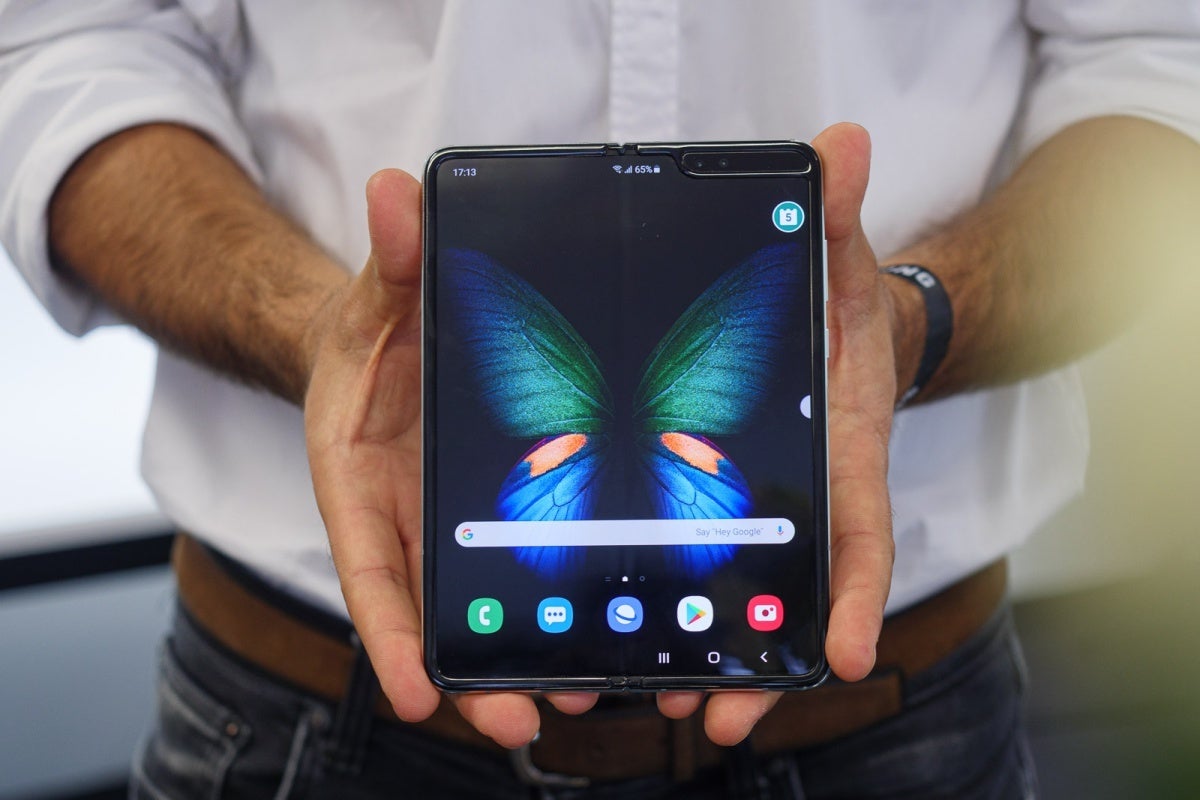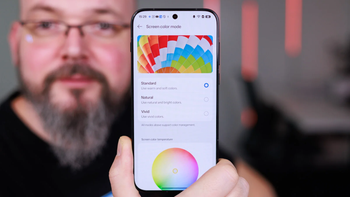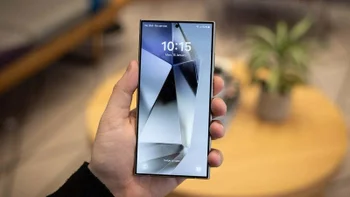Foldable smartphones may not go mainstream for another few years

Samsung Galaxy Fold
As such, the market is forecasted to jump from a microscopic sub-1 million unit shipment total last year to a still far from impressive 8 million units in 2020, then all the way up to 100 million five years down the line. Of course, it's essentially impossible to anticipate the trends and fluctuations of an industry as fickle and as unpredictable as mobile technology, but even if that number might not end up being completely accurate in 2025, the general expectation is that foldables will prove the "fastest-growing segment of the premium smartphone market for the next decade."

Despite failing miserably to release the Galaxy Fold on schedule, Samsung unsurprisingly topped the foldable market in 2019, ahead of Huawei, which focused entirely on its China homeland with a Mate X that also hit a few bumps in the road before actually going on sale.
Motorola and TCL are the only companies mentioned in the latest Strategy Analytics report as certain 2020 market newcomers, so it remains to be seen if anyone else will be able to deliver at least a semi-functional foldable device by the end of the year.
Meanwhile, Samsung seems pretty confident the vertically folding Galaxy Z Flip will not suffer from the same flaws as its horizontally bending forerunner, which almost makes the company's internal goal of selling 2.5 million units this year sound modest. But just like in the 5G market, it may not really matter who takes the early lead when everybody, including Apple, is expected to pursue a piece of the action once the technology is deemed mature enough for the masses.
Follow us on Google News

















Things that are NOT allowed:
To help keep our community safe and free from spam, we apply temporary limits to newly created accounts: